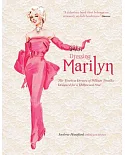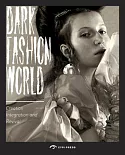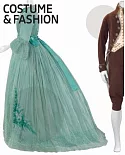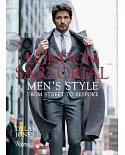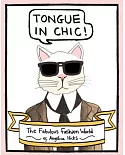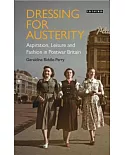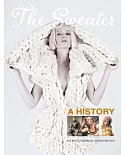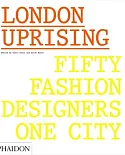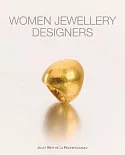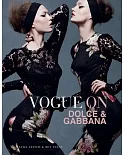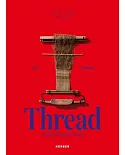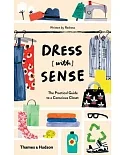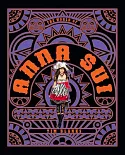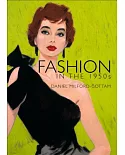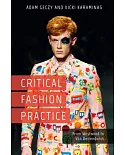" In nineteenth-century Europe and the United States, fashion--once the province of the well-to-do--began to make its way across class lines. At once a democratizing influence and a means of
maintaining distinctions, gaps in time remained between what the upper classes wore and what the lower classes later copied. And toward the end of the century, style also moved from the streets
to the parlor. The third in a four-part series charting the social, cultural, and political expression of clothing, dress, and accessories, Fashioning the Nineteenth Century focuses on this
transformative period in an effort to show how certain items of apparel acquired the status of fashion and how fashion shifted from the realm of the elites into the emerging middle and working
classes--and back. The contributors to this volume are leading scholars from France, Italy, and the United States, as well as a practicing psychoanalyst and artists working in fashion and with
textiles. Whether considering girls' school uniforms in provincial Italy, widows' mourning caps in Victorian novels, Charlie's varying dress in Kate Chopin's eponymous story, or the language of
clothing in Henry James, the essays reveal how changes in ideals of the body and its adornment, in classes and nations,created what we now understand to be the imperatives of fashion.
Contributors: Dagni Bredesen, Eastern Illinois U; Carmela Covato, U of Rome Three; Agnes Derail-Imbert, École Normale Superieure/VALE U of Paris, Sorbonne; Clair Hughes, International Christian
University of Tokyo; Bianca Iaccarino Idelson; Beryl Korot; Anna Masotti; Bruno Monfort, Universite of Paris, Ouest Nanterre La Defense; Giuseppe Nori, U of Macerata, Italy; Marta Savini, U of
Rome Three; Anna Scacchi, U of Padua; Carroll Smith-Rosenberg, U of Michigan. "--


